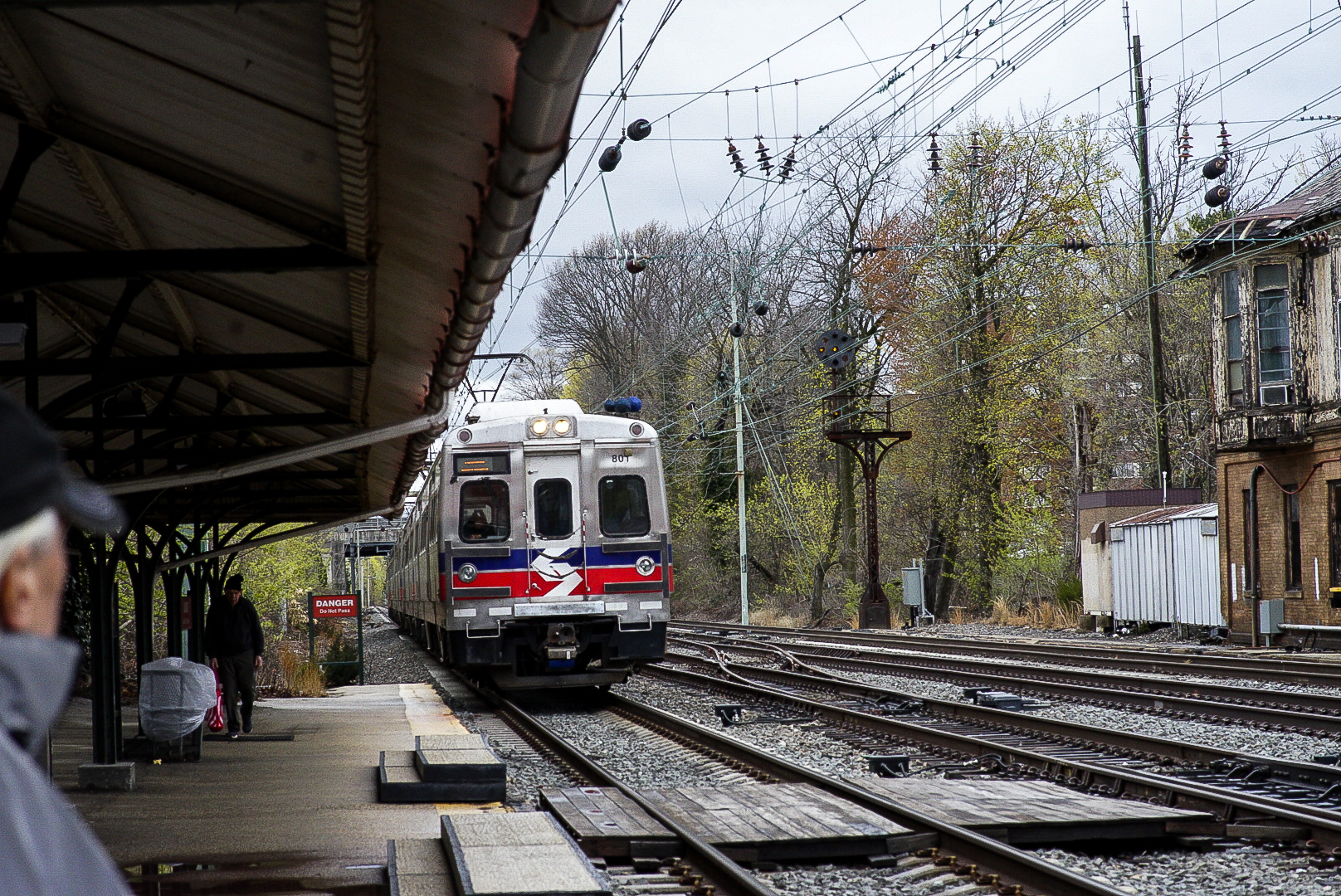Due to a $213 million budget deficit, SEPTA Regional Rail has announced a proposed budget plan which will close the Paoli-Thorndale Line permanently.
The proposed budget plan is due to be fully implemented by July 1 and is a result of a lack of federal funding for the transport system. The plan requires the elimination of 45 percent of SEPTA services, a 9 p.m curfew for all rail lines, increased fares and workforce reductions, as detailed in a press release published on April 10. The Paoli-Thorndale Line is the closet SEPTA station to Bryn Mawr and Haverford Colleges, and one of the 5 regional rail lines that are set to be cut by January 1.
Ridership declined significantly during the pandemic, and SEPTA has yet to bounce back from the economic strain. In 2020, they received a total of $644 million from the federal government through the Coronavirus Aid, Relief, and Economic Security (CARES) Act. However, the CARES Act expired in 2021 and SEPTA has not been able to make up for the lost revenue.
Through hiring freezes and administrative cuts, they were able to reduce the budget deficit from $240 million to $213 million. In order to tackle these deficits, the newly proposed plan outlines the elimination of 50 bus routes, 5 regional rail lines, 20% reduction on all remaining services, cutting special services such as sports express and the closure of 66 station. In addition to the regional rail, Amtrak services which run on the Paoli-Thorndale Line at Downington and Exton will also be affected. SEPTA also plan to shut down the Airport Line. Unless the transport company receives federal funding, the first phase of the ‘funding crisis’ is set to begin on August 24 with a 20% service cut. Alongside service cuts, a 21.5% fare increase will be introduced.
Last August, Bryn Mawr joined SEPTA’s UPass program which allows students to ride the SEPTA for free throughout the semester. This was made possible through a collaboration with SGA. Through the program, students taking classes at the University of Pennsylvania have been able to avoid extra costs and the college has been able to avoid reimbursing students for their travel costs. Prior to the UPass program, the college would reimburse students using personal vehicles to travel for college related business such as classes. Should the SEPTA budget plan pass, it is possible that college will once again have to reimburse students for their travel to the University of Pennsylvania.

Hundreds of people gathered in Philadelphia’s City Hall on April 11 to protest the budget cuts, and social media users are encouraging one another to call on their representatives to fully fund the transport system. In response to the announcement, Governer Josh Shapiro stated in a post on X: “These cuts would be devastating — but they’re completely avoidable. I’ve proposed a plan to support mass transit for two years in a row and flexed funding directly to give the Legislature time to act. The House passed my plan three times. The Senate needs to get this done.”
The SEPTA board is set to vote on the plan on June 26.
